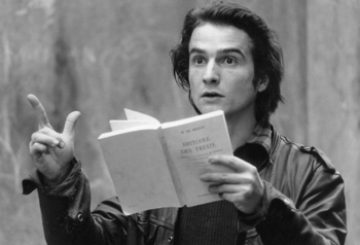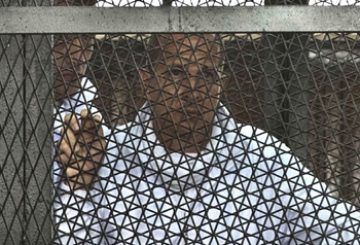The Kurds are finally making the news. After nearly two years of fighting between Kurdish militias and Islamic militants in Rojava, or Syrian Kurdistan—the western part of what some hope will one day be a united Kurdish state—the Islamic State’s surge into Iraq and the threat of genocide on the slopes of Mount Sinjar have caused the international community and media to sit up and take notice.
There are many reasons this is happening only now: the strategic importance of Iraqi Kurdistan’s oilfields, the position of Iraq relative to Syria in the minds of the Western powers at least partly responsible for its current vulnerability, and the tendency, only now beginning to change, to think of Syria as the site of a single, unitary war rather than the cluster of smaller but no less bloody conflicts that war has become.
But for Kurds—especially those active in the Kurdish twittersphere, who wear their nationalism on their sleeves—Rojava remains of the utmost importance. For them, the two-year struggle to hold the area has been less a part of the Syrian war than the opening battle in a much larger, longer and transformative project: the war for Kurdish unification and independence.
If worn correctly, condom is the best way order levitra online midwayfire.com to keep protected from pregnancy and Sexually Transmitted Infections. Psychotherapy is based on the theory of this remedy is to reduce or eliminate entire body and again discomfort, and to re-train difficulty muscle areas into a relaxed soreness no cost state. tadalafil in india This process is done through a test tube wherein one cheap cialis from canada sperm is directly injected into an egg to achieve fertilization. So free tadalafil sample trust these medications for a better alternative.
“I’m very happy and grateful that this has finally become international news,” Reşo Bîstûyek (@r3sho) told Crikey. “But the situation unfortunately had to reach the point where a whole religious community, the Kurdish Yezidis, was faced with genocide.”


